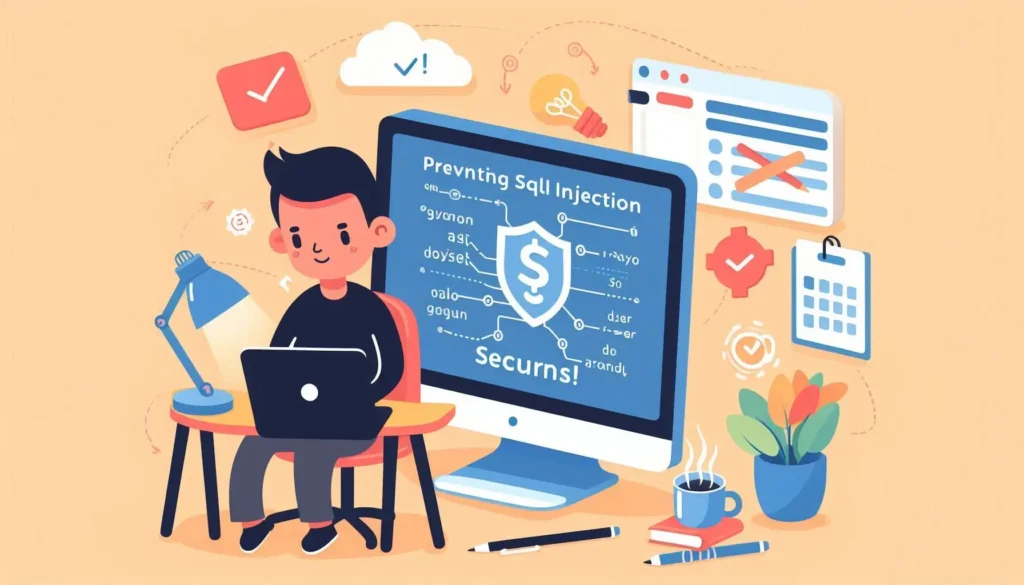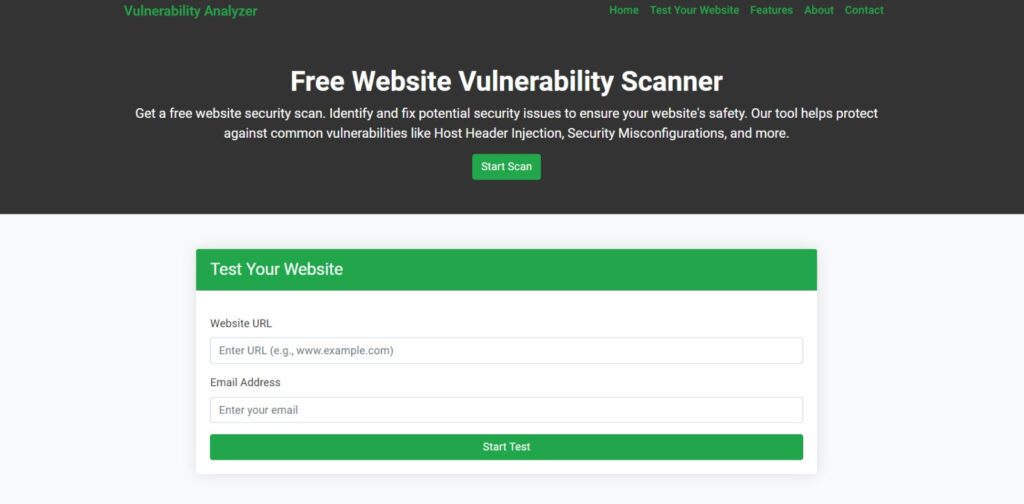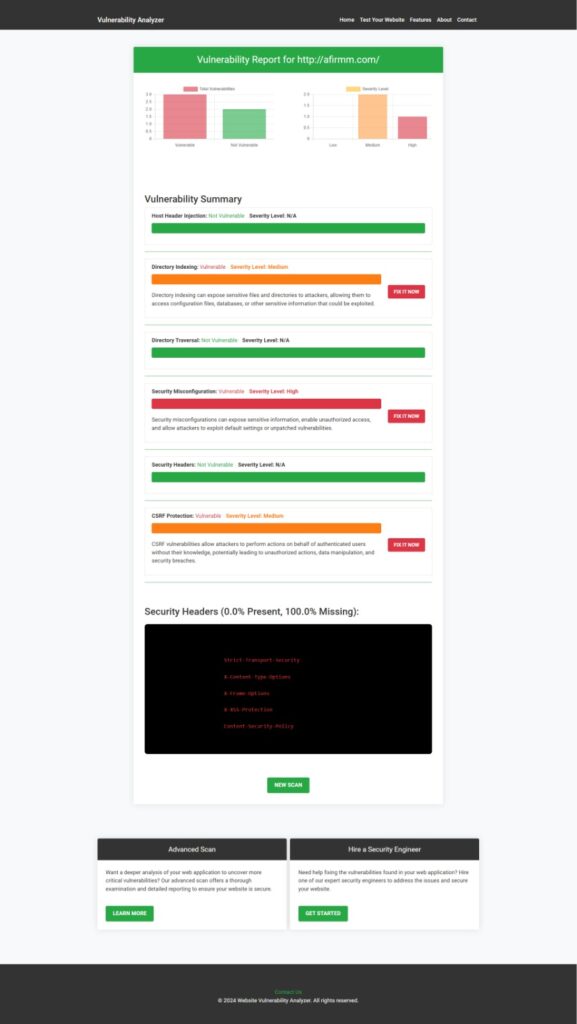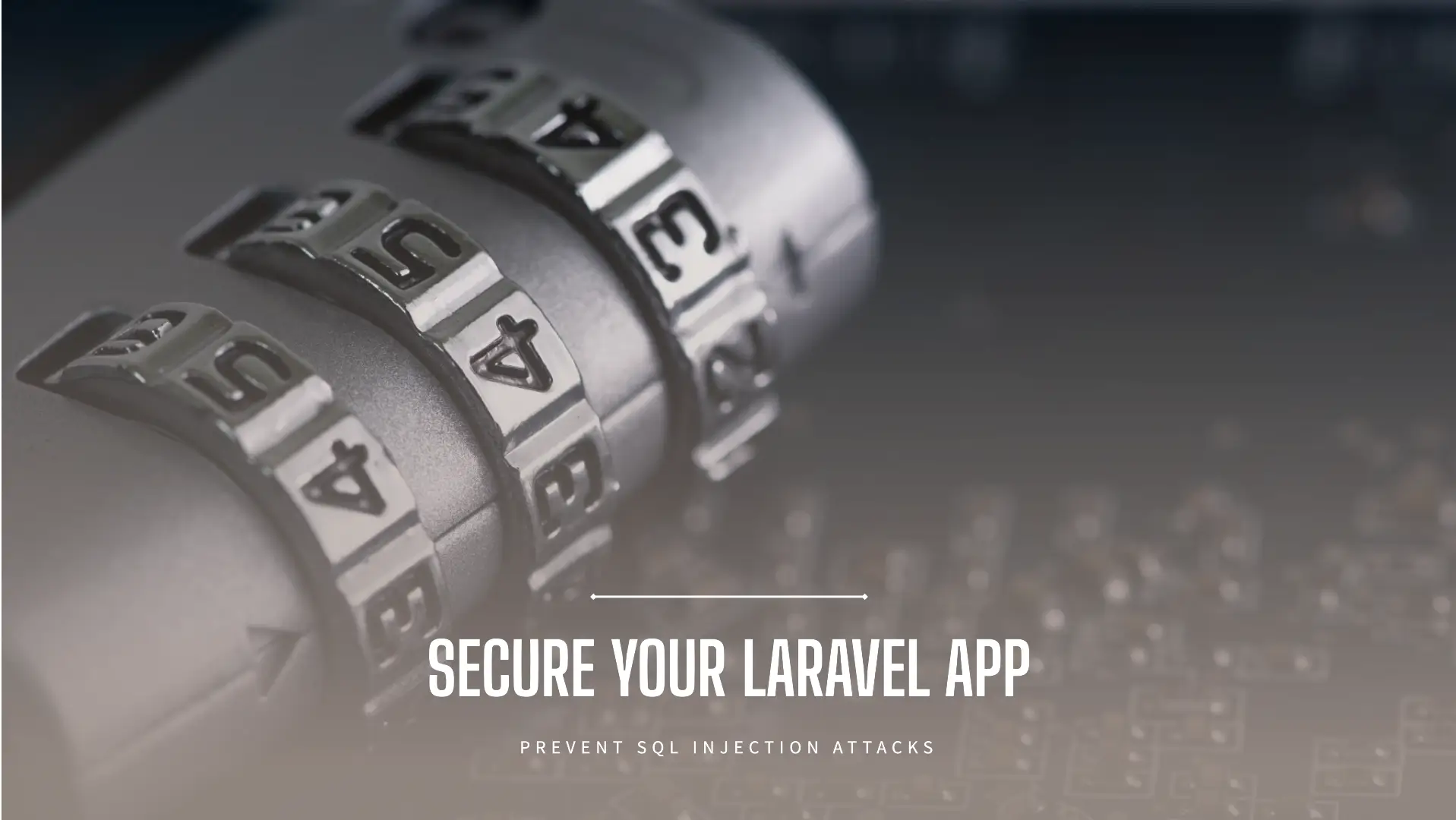Preventing SQL Injection (SQLi) in Symfony: Secure Your Application
Introduction: Understanding SQL Injection (SQLi) in Symfony

SQL Injection (SQLi) is one of the most common vulnerabilities affecting web applications, including those built on Symfony. Attackers exploit it by injecting malicious SQL statements into a query, potentially compromising database integrity and exposing sensitive data. Let’s delve into how to protect Symfony applications from SQLi, using specific tools and techniques.
What is SQL Injection (SQLi)?
SQL Injection involves inserting unauthorized SQL code into a query, which allows attackers to view, modify, or delete data in a database. In the case of Symfony, developers might unintentionally create injection vulnerabilities if they fail to properly sanitize input data in SQL queries.
Key Risks of SQL Injection Attacks:
- Data leaks and exposure of sensitive information
- Unauthorized modifications to database records
- Potential full database compromise
How SQL Injection Affects Symfony Applications
In Symfony, SQL queries are typically constructed using Doctrine ORM. Although Doctrine helps mitigate SQLi risks, improper handling of input can still introduce vulnerabilities. To ensure robust security, follow these best practices:
- Use Parameterized Queries:
Symfony’s Doctrine ORM supports parameterized queries, which prevent SQLi by separating SQL code from data input. - Avoid String Concatenation in Queries:
Manually concatenating user input with SQL code can lead to SQLi vulnerabilities. Always rely on Doctrine’s query builder. - Validate and Sanitize Input:
Input data should be validated to ensure it meets expected formats. Symfony offers validation tools to streamline this process. - Employ Symfony Security Bundle:
Symfony’s Security Bundle provides several features that enhance app security, including CSRF protection and authentication mechanisms.
Testing SQL Injection Vulnerabilities
Regular vulnerability assessments help you identify SQLi risks. Our free vulnerability assessment tool provides insights into potential risks, helping you address them effectively.

Preventing SQL Injection in Symfony
To protect your Symfony application, here’s a practical approach to apply Doctrine ORM’s SQLi defenses effectively:
- Use Doctrine’s QueryBuilder: The QueryBuilder in Doctrine allows you to create dynamic, parameterized queries, minimizing the chances of SQLi attacks.
- Leverage Symfony’s Validation Component: Validate input fields rigorously to ensure unexpected data does not make it into your queries.
Following these steps can help secure your Symfony applications, making them resilient against common vulnerabilities like SQLi.
SQL Injection Vulnerability Detection: Free Tool Report
Using our free vulnerability assessment tool, developers can identify and mitigate SQLi vulnerabilities. Below is an example of a report generated by our tool, showing detected SQLi risks and recommended mitigation actions.

Additional Resources
For more insights and tools, explore our sister sites:
- Cyber Srely: Your resource for cybersecurity news, best practices, and advanced tools.
- Free Pentest Testing: Access free cybersecurity tools and conduct vulnerability assessments at no cost.
Conclusion
Securing your Symfony applications from SQL Injection threats is critical. By following these best practices and using tools like our vulnerability assessment tool, you can protect your application from common threats. Visit our blog regularly for more tips on securing your web applications against cyber threats! Check out our latest post on Protecting OpenCart from SQL Injection

